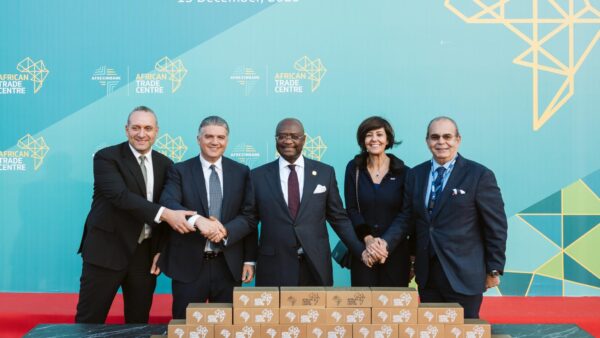Chinese premier Li Keqiang will use a tour of Latin America this week to initiate a feasibility study into a trans-oceanic rail link across South America between Brazil’s Atlantic coast and the Pacific coast of Peru.
Li embarked on the tour on 17 May and will visit Brazil, Colombia, Peru and Chile, state media reported.
Chinese President Xi Jinping and his Brazilian counterpart Dilma Rousseff vowed in July last year to work together to build the rail link. Peru was included in a tripartite agreement signed in November.
Details about the scheme are scarce but, according to environmental advocacy group Dialogochino.net, the agreement sees the project delivered in six years at an estimated cost of US$10bn.
The feasibility study is not expected to arrive at a cost estimate, however, Chinese media said.
Chinese state media described the proposed link as “Chinese-built”.Â
State-owned firm China International Water & Electric Corporation is reported by Dialogochino.net to be one of the parties with a stake in the project.
If it gets built, the unprecedented, 5,300-km rail link across the Andes would speed the flow of commodities from Brazil and Peru to China.
Trade between Brazil and China has rocketed in recent years. Between 1999 and 2011, Brazil’s exports to China grew by a compound annual growth rate of 46.9% annually. Soybean, iron ore and oil are the top exports.
Newspaper The Guardian reported yesterday that concerns are growing over the proposed railway’s environmental impact on the Amazon region and on indigenous peoples.
Paulina Garzon, director of the China-Latin America Sustainable Investment Initiative, told the newspaper: “It is way too big to pass unnoticed, and … will be tremendously controversial on both environmental and social fronts: first because of its size and location but also because Latin-American environmental groups and indigenous organisations are quite vocal and very well-networked.”
She called for “robust and meaningful multi-stakeholder consultation from the very beginning”.
Photograph: Brazilian president Dilma Rousseff with Chinese president Xi Jinping at a G-20 summit in St. Petersburg in 2013 (Roberto Stuckert Filho/PR/Wikimedia Commons)






